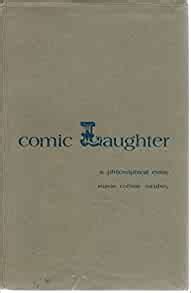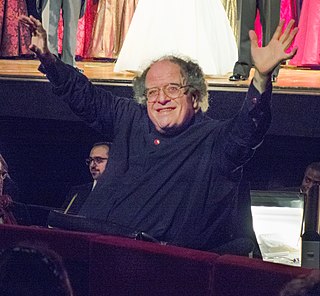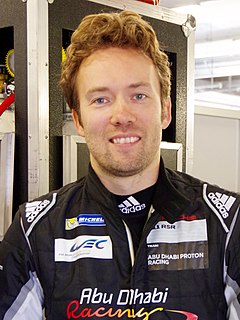A Quote by George Santayana
Everything in nature is lyrical in its ideal essence, tragic in its fate, and comic in its existence.
Related Quotes
the true art of the gods is the comic. The comic is a condescension of the divine to the world of man; it is the sublime vision, which cannot be studied, but must ever be celestially granted. In the comic the gods see their own being reflected as in a mirror, and while the tragic poet is bound by strict laws, they will allow the comic artist a freedom as unlimited as their own.
Relate comic things in pompous fashion. Irregularity, in other words the unexpected, the surprising, the astonishing, are essential to and characteristic of beauty. Two fundamental literary qualities: supernaturalism and irony. The blend of the grotesque and the tragic are attractive to the mind, as is discord to blasé ears. Imagine a canvas for a lyrical, magical farce, for a pantomime, and translate it into a serious novel. Drown the whole thing in an abnormal, dreamy atmosphere, in the atmosphere of great days … the region of pure poetry.
Fate is a misplaced retreat. Many people rationalize an unexplained event as fate and shrug their shoulders when it occurs. But that is not what fate is. The world operates as a series of circles that are invisible, for they extend to the upper air. Fate is where these circles cut to earth. Since we cannot see them, do not know their content, and have no sense of their width, it is impossible to predict when these cuts will slice into our reality. When this happens, we call it fate. Fate is not a chance event but one that is inevitable, we are simply blind to its nature and time.







































